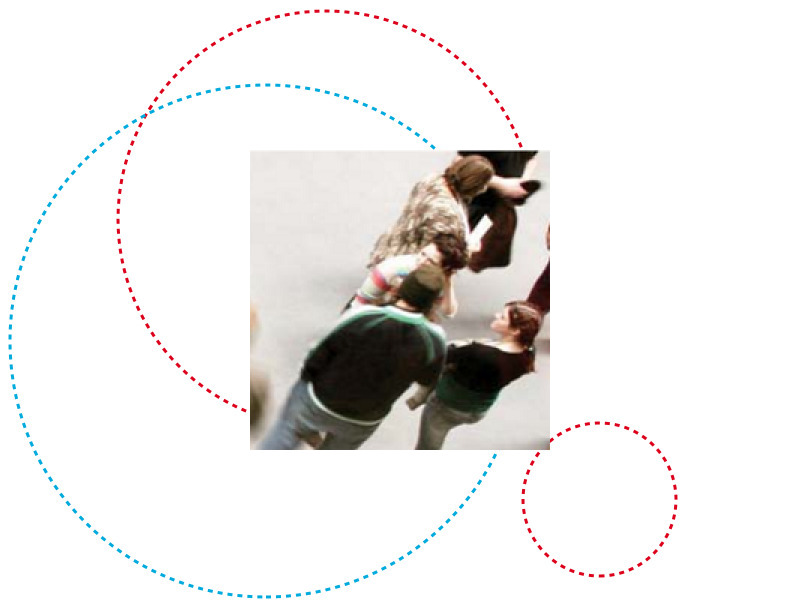About 1.4 million refugees and irregular migrants arrived in Europe in 2015 and 2016. We model how refugees and irregular migrants are self-selected. Using unique datasets from the International Organisation for Migration and Gallup World Polls, we provide the first large-scale evidence on reasons to emigrate, and the self-selection and sorting of refugees and irregular migrants for multiple origin and destination countries. Refugees and female irregular migrants are positively self-selected with respect to education, while male irregular migrants are not. We also find that both male and female migrants from major conflict countries are positively self-selected in terms of their predicted income. For countries with minor or no conflict, migrant and non-migrant men do not differ in terms of their income distribution, while women who emigrate are positively self-selected. We also analyze how border controls affect destination country choice.
Professor Panu Poutvaara works at the University of Munich and ifo Institute and is Director of the ifo Center for International Institutional Comparisons and Migration Research. His main research interests are migration, public economics, and political economics. His work has been published in the Journal of the European Economic Association, Economic Journal, European Economic Review, Journal of Public Economics, and Journal of Experimental Social Psychology, among other journals, and covered in different media outlets, including the Economist, New York Times, Newsweek, the Atlantic, and Last Week Tonight with John Oliver. He is also member of the Expert Council of German Foundations on Integration and Migration, editor of the CESifo Economic Studies, associate editor of the Finnish Economic Papers and member of the editorial board at the European Journal of Political Economy and Leadership Quarterly. His team provided input to the German policy debate leading to new immigration law in 2019, and previously evaluated certain aspects of Macron’s labor market reforms for the French Senate.
